Meta was smart to not release the Quest 3 this year
It's just not time, yet.
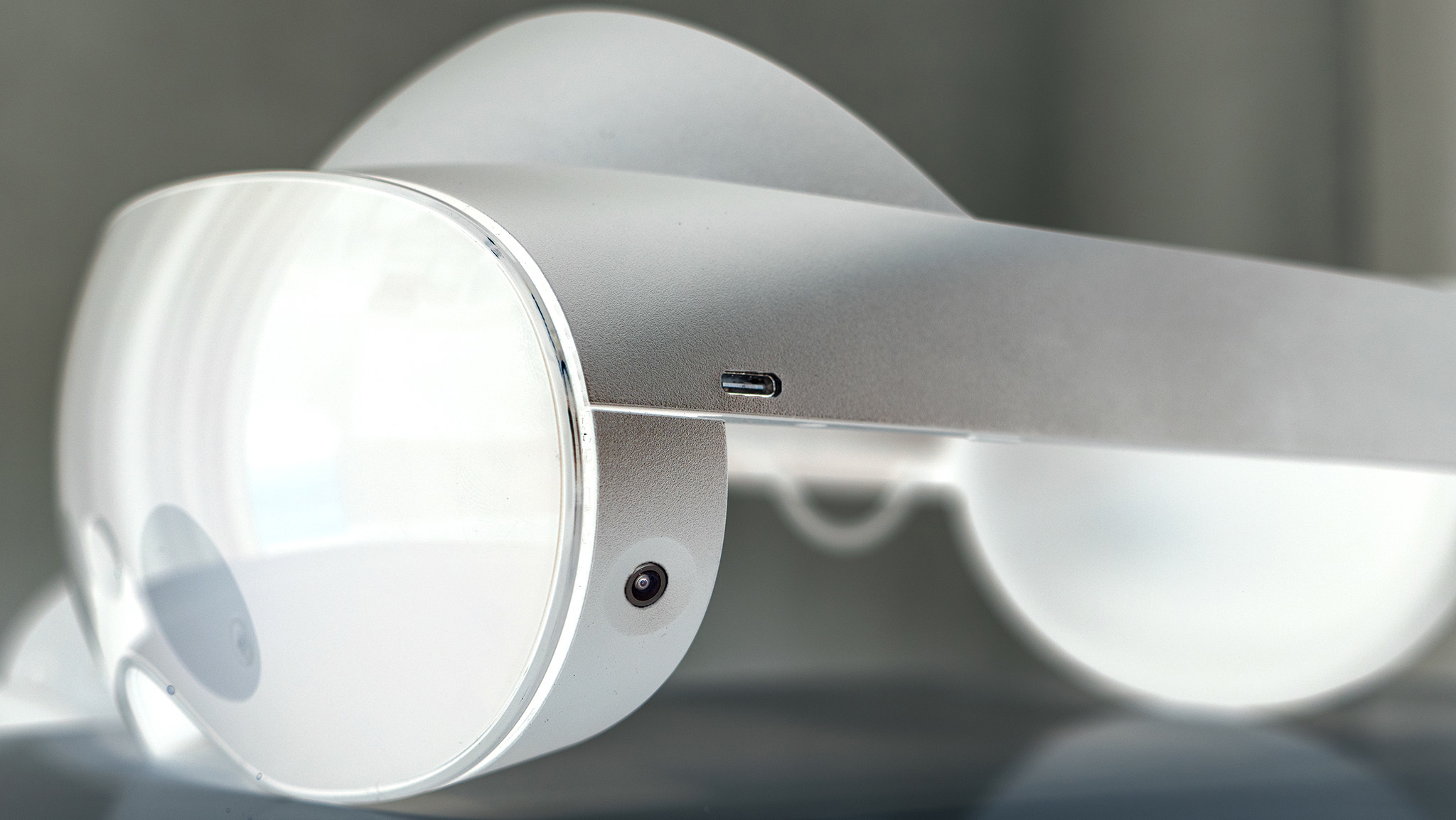
Last generation consoles like the Xbox One and PS4 set a weird precedent. Mid-generation, both Sony and Microsoft released upgraded versions of each of their respective consoles, offering a graphics upgrade and pseudo-4K support for many existing titles.
For some gamers, the announcement of the Meta Quest Pro came with the same expectation. Imagine, then, the disappointment when they learned it wasn't a mid-generation upgrade but an entirely separate product that's primarily not intended for them. If nothing, the $1,500 price tag all but assures that most folks who bought the Quest on price alone won't be interested.
But I'm glad Meta isn't offering up a pro version of its Quest 2 headset for regular consumers, and I'm also glad the Quest 3 didn't come out this year. Why? Because, not only do we not need one right now, but I think it would do more harm than good for the VR market. We don't need a next-gen follow-up just 24 months after the Quest 2 came out, especially one that would come with exclusive titles to shut out the estimated 18 million Quest 2 gamers out there.
We don't need the next generation yet
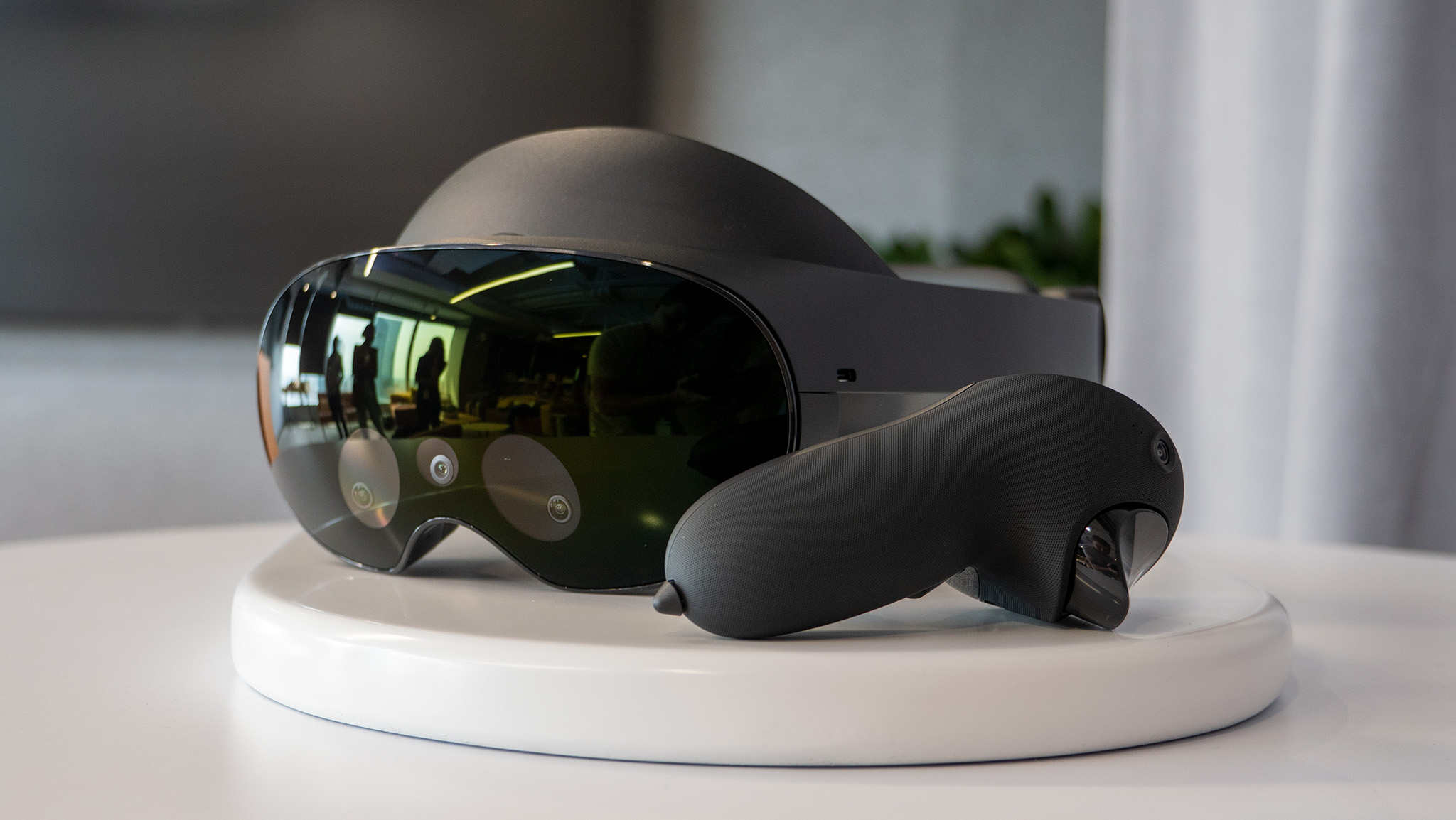
Considering the original Oculus Quest was only on shelves for 18 months before it was replaced by the Quest 2, it's not unreasonable that some people expected a Quest 3 to appear by this point in time. After all, the Quest 2's 24-month lifetime so far is exactly half a year longer than the original Quest ever got, so why not give us an upgrade now?
That's especially true since Facebook — now Meta — didn't allow developers to create Quest 2-exclusive games for almost an entire year until Resident Evil 4 VR came out. Even today, many of the best Quest 2 games still work on the original Quest, just as many of the best PS5 games are still released on the PS4.
But there's a huge difference between Sony continuing to support the PS4 — which has a worldwide install base of around 117 million — and developers supporting the original Quest, which only sits about 1 million or so units sold. Comparatively, the Quest 2 has sold 18 million units while the PS5 has sold 24 million, which should help you understand why many developers have moved to only supporting the Quest 2 at this point.
It's important that Meta continue to treat the Quest 2 as a console for a long time to come. Annual smartphone-like releases would do untold damage to its reputation as a viable product.
To say the Quest 2 has sold more than any other VR headset before it is an understatement. In 2020, the VR market was excited when Facebook sold around 1 million original Quests. Now, we're looking at a VR console that's outselling the Xbox Series S|X combined and nearly as well as Sony's fifth-generation console.
Be an expert in 5 minutes
Get the latest news from Android Central, your trusted companion in the world of Android
With that in mind, it's important that Meta continue to treat the Quest 2 as a console for a long time to come. Historically, consoles are supported for at least four years per release and longer in recent generations. In order for Meta to continue to work the narrative that the Quest 2 is a proper console, we need at least one more year of dedicated support until its successor is released.
Even then, the Quest 2 needs to be supported for at least another year or two beyond that in order to assure gamers that Meta isn't going to treat its VR consoles like smartphone companies treat their phones, which are only recently getting 3-4 years of software updates en masse.
In fact, treating VR headsets like the Quest 2 more like smartphones — that's to say, giving them annual releases or some other such cadence — would do untold damage to their reputation as viable products. When people spend $400 or more on a dedicated gaming machine, they expect at least a few years of software releases before the next hardware iteration usurps it. A Quest 3 released in 2022 would absolutely usurp any reputation the Quest 2 has already built.
The console effect
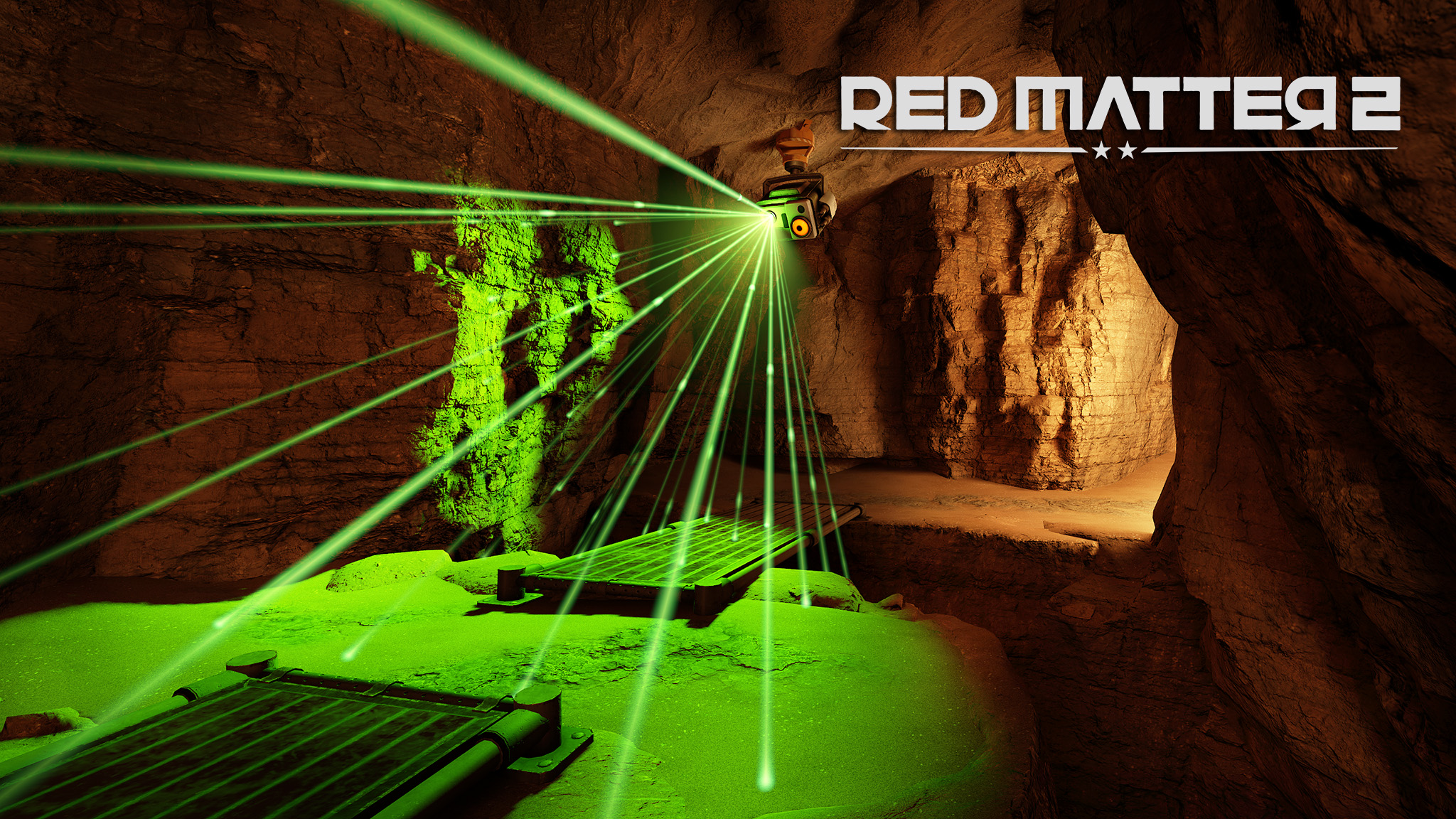
Over the years, we've become accustomed to a console's graphics getting better with each subsequent year. Unlike a PC gaming lifecycle that can rely on users upgrading hardware every year or two, consoles remain the same throughout their hardware lifecycles. As such, games are designed specifically with that console's hardware strengths and weaknesses in mind.
In the case of the Quest 2, those strengths and weaknesses are even more pronounced because of the power requirements for a mobile VR console. Companies like Meta and Qualcomm have to design around both thermal limitations and still provide enough power for games to look good and standards to be met — like 90Hz or 120Hz rendering — while still somehow making a headset run for at least a few hours on a single charge.
Developers are blowing away boundaries once thought possible on a standalone headset.
And that, to me, is what makes Quest 2 gaming so amazing. Just two years ago, when the Quest 2 was released, it felt like a miracle that games like The Walking Dead: Saints & Sinners could be ported to a mobile chipset. These days, developers are blowing away boundaries once thought possible, with releases like Red Matter 2 looking a lot more like a PCVR title instead of something running on a standalone headset.
And check out this latest project from ARK-ADE developers running on the Quest 2:
Trying to push Quest 2 to its limits for our next project...#Gamedev #VR #ScreenshotSaturday #UnrealEngine pic.twitter.com/iZCUxtTNDxOctober 15, 2022
A game like Metal Gear Solid 3 would have been impossible to make in the first year of the PS2's lifecycle. Likewise with a game like Red Matter 2 on the Quest 2.
Just two years ago, not a single person would have thought these kinds of visuals possible on Quest 2 hardware, yet, here we are with games more commonly looking like this with each new release.
That, right there, is the "console cycle," as I'll call it. Go back to any given generation of consoles, and you'll see the same effect. A game like Metal Gear Solid 3 would have been impossible to make in the first year of the PS2's lifecycle. Still, over the years, developers learned tricks that allowed them to push the same hardware harder than before, squeezing out every ounce of power that wouldn't be possible without a console that sat untweaked for years.
Leaving the Quest 2 as-is — yes, even with all its weird design faults — ensures that developers are able to work with a piece of hardware that's deeply knowable and, ultimately, helps games be better than they would have otherwise. It has also helped third-party accessory manufacturers improve over time, delivering substantial comfort upgrades that simply didn't exist just two years ago.
Is 2023 too soon for the Quest 3?
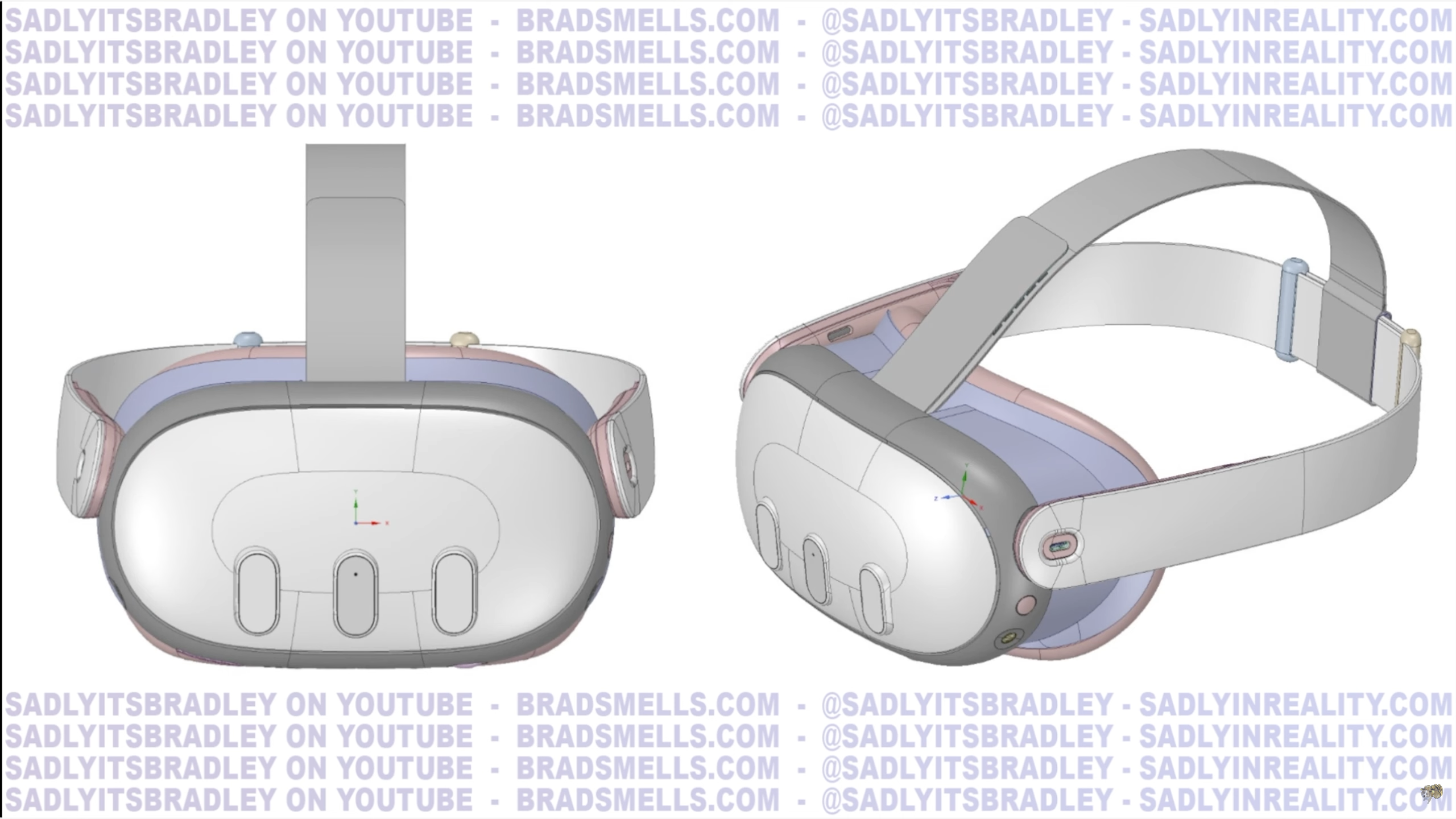
Given the pace of innovation in the VR space, I think Fall 2023 could be a perfect release timeframe for the Quest 3. Qualcomm just released the Snapdragon XR2+ Gen 1, a half-gen upgrade of the chipset used in the Quest 2 that gets about 50% better performance than the Quest 2's chip. It's expected that the Quest 3 will use the full-generation upgrade on its release. For note, that chip is expected to be called the Snapdragon XR2 Gen 2.
According to leaks and rumors, the XR2 Gen 2 is expected to have a full 100% performance improvement over the Quest 2's XR2 Gen 1 chipset. That makes sense since the XR2 Gen 1 is based on the Snapdragon 865, a 2019-era chipset that powered many high-profile phones in 2020, while the XR2 Gen 2 is expected to be based on the Snapdragon 8 Gen 2, a 2023 chipset.
Given that Fall 2023 will mark three years since the Quest 2 was released, I think that's probably enough time to keep users happy about their Quest 2 purchase while still driving enough interest for folks that want to upgrade.
This year, Qualcomm released the Snapdragon 8+ Gen 1 for use in phones this Fall — like the Galaxy Z Fold 4 — which ushered in a noticeable improvement in both performance and power efficiency. It's expected that the Snapdragon 8 Gen 2 will further improve both factors, the latter of which is particularly important for mobile VR.
In addition to that, newer headsets like the Quest Pro utilize better technology like pancake lenses, which help reduce the size and weight of a headset as well as eliminate those annoyingly small "sweet spots" in older lens designs. Effectively, that means the headsets are more comfortable to wear as a whole and provide improvements to eye comfort, as well.
Quest 3 leaks are showing that the next-generation headset from Meta will utilize these important improvements without adding costly additions like eye tracking and face tracking. While competitors like the PS VR2 will employ these more advanced features, the lens, headset size and weight, and chipset upgrades alone will make the Quest 3 feel like a truly next-generation headset on their own merit.
And, given that Fall 2023 will mark three years since the Quest 2 was released, I think that's probably enough time to keep users happy about their Quest 2 purchase while still driving enough interest for folks that want to upgrade.
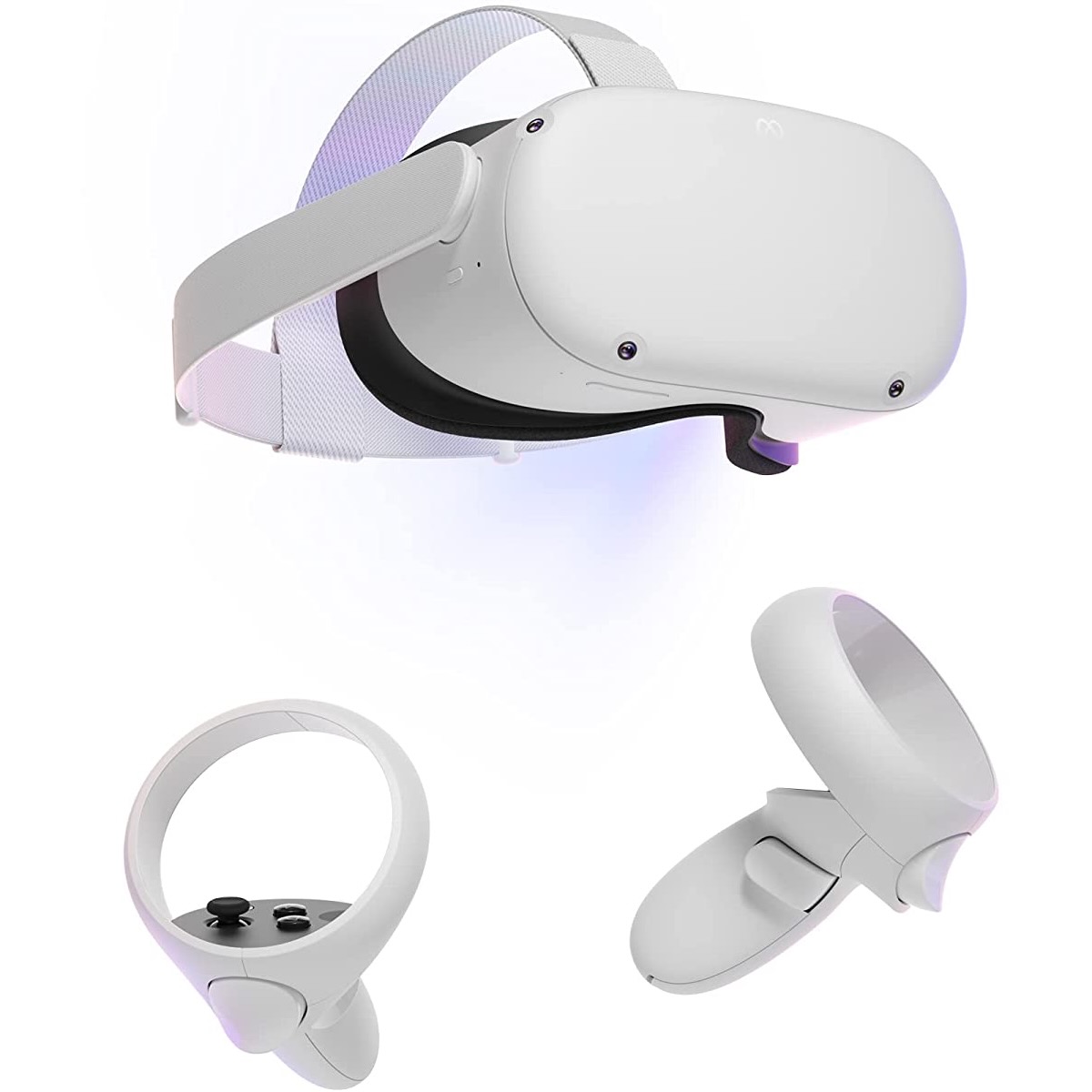
Even after 2 years, it's still the best VR headset you can buy. A huge library of games, great third-party accessories, and one amazing experience that's as easy as can be.

